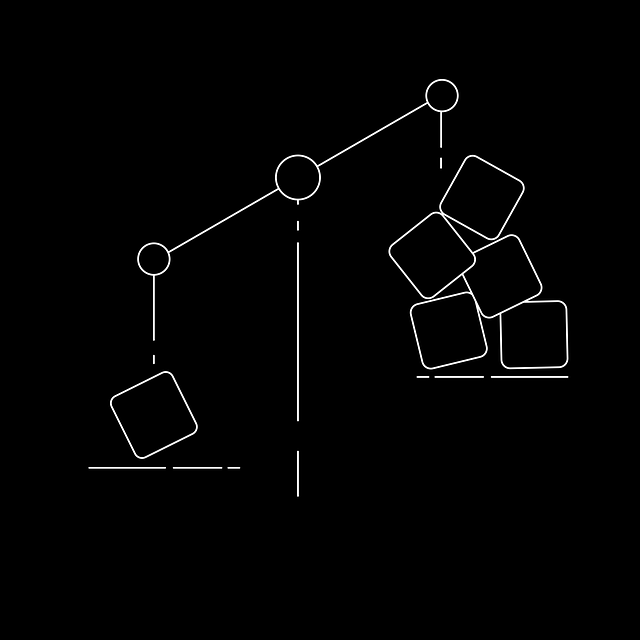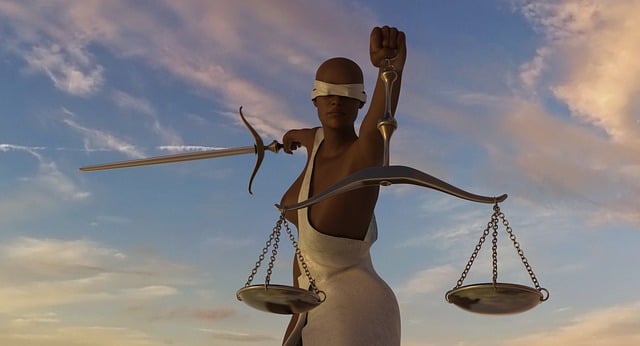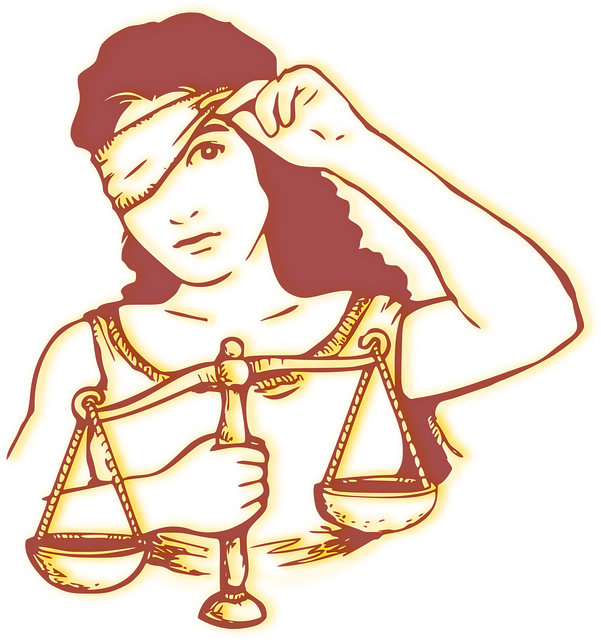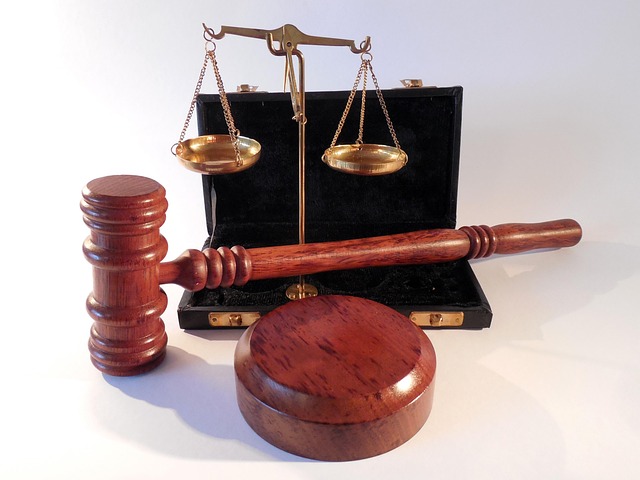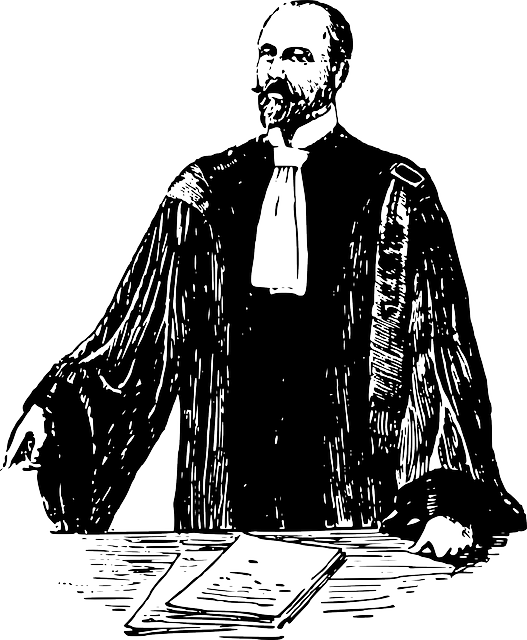Environmental Crime Trials, a specialized legal domain, focus on prosecuting violators of environmental regulations with complex evidence and expert testimonies. However, they are marred by Prosecutorial Misconduct and Ethical Violations such as selective evidence disclosure and misleading witnesses, threatening justice and public trust. These violations impact defense strategies, making it challenging for defendants to secure fair trials. Addressing these issues through transparent judicial processes is crucial to maintain integrity in the legal system and public confidence in justice.
“Environmental Crime Trials: Navigating a Complex Justice System”
The unique legal domain of environmental crime trials presents intricate challenges. This article delves into the multifaceted aspects, exploring how prosecutorial misconduct and ethical violations can undermine justice. We analyze case studies where environmental prosecutions went awry, shedding light on long-term implications. Understanding these issues is crucial for ensuring fairness and effectiveness in holding perpetrators accountable, particularly in cases involving vital ecological concerns. Focus on “prosecutorial misconduct” and “ethical violations” reveals the dark side of law enforcement, demanding careful scrutiny.
- Understanding Environmental Crime Trials: A Unique Legal Domain
- The Role of Prosecutorial Misconduct in Undermining Justice
- Ethical Violations: Uncovering and Addressing the Dark Side of Law Enforcement
- Case Studies: When Environmental Prosecutions Go Wrong and Their Long-term Implications
Understanding Environmental Crime Trials: A Unique Legal Domain

Environmental Crime Trials represent a specialized legal domain, distinct from traditional criminal cases. This unique area of law focuses on prosecuting individuals and corporations accused of violating environmental regulations, ranging from pollution and habitat destruction to illegal dumping and biodiversity crimes. Such trials are characterized by complex evidence, often involving scientific analyses, expert testimonies, and detailed documentation of ecological impact.
Beyond the technical aspects, these trials delve into issues of prosecutorial misconduct and ethical violations. Defendants, especially those engaged in white-collar defense strategies, face charges that can lead to severe penalties, including fines, asset forfeiture, and even imprisonment. In some cases, if found guilty, individuals might face a complete dismissal of all charges, though this remains an exception rather than the norm. The complexity lies in navigating general criminal defense tactics while challenging the prosecution’s evidence and procedures, ensuring a fair trial within this specialized legal framework.
The Role of Prosecutorial Misconduct in Undermining Justice

In the realm of environmental crime trials, the role of prosecutorial misconduct and ethical violations cannot be overlooked. Overzealous prosecutors, driven by a desire to win at any cost, sometimes engage in practices that undermine the integrity of the justice system. These include selective disclosure of evidence, misleading witnesses, and failure to turn over exculpatory information—all tactics that can skew jury trials and lead to wrongful convictions. Such misconduct not only threatens the fairness of the judicial process but also erodes public trust in law enforcement agencies.
Prosecutorial misconduct, particularly in cases involving white-collar and economic crimes, can significantly impact general criminal defense strategies. When ethical boundaries are crossed, it becomes increasingly difficult for defendants to receive a fair trial. This is especially true in complex environmental crime scenarios where the stakes are high, and the evidence intricate. Ensuring that prosecutors uphold their professional duties is crucial to maintaining a robust and just legal system, ensuring that all parties involved can navigate the courtroom with integrity and confidence.
Ethical Violations: Uncovering and Addressing the Dark Side of Law Enforcement

Environmental crime trials often uncover a hidden layer of ethical violations within law enforcement agencies, revealing a dark side that demands scrutiny. Prosecutorial misconduct and unethical practices can taint even the most high-stakes cases, especially those involving complex white collar offenses. When these issues surface, it shakes the trust between law enforcement and the communities they serve, including the philanthropic and political sectors.
Uncovering such violations requires meticulous investigation and a transparent judicial process. By addressing these ethical breaches head-on, the legal system can ensure fairness and uphold its integrity. This is crucial to maintaining public confidence in justice, especially as these cases often involve significant environmental and societal impacts, affecting the well-being of entire communities.
Case Studies: When Environmental Prosecutions Go Wrong and Their Long-term Implications

Environmental crime trials, while critical for holding perpetrators accountable, are not immune to challenges. Case studies illustrate that prosecutorial misconduct and ethical violations can plague even the most high-profile cases. For instance, in some instances, overzealous prosecutors have been accused of fabricating evidence or misrepresenting facts to secure convictions, leading to severe repercussions for wrongly convicted individuals and eroding public trust in the justice system. These mistakes not only undermine the integrity of environmental prosecutions but also cast a shadow on the entire white collar defense process across the country.
Furthermore, long-term implications extend beyond individual cases. When environmental prosecutions go awry, they can set precedent for future investigations and trials, either positively by improving accountability measures or negatively by creating a culture of misconduct. Ensuring transparency, ethical conduct, and robust oversight throughout all stages of the investigative and enforcement process is essential to maintaining fairness and justice in environmental crime trials.
Environmental Crime Trials represent a critical intersection of law and ecology, where the pursuit of justice meets the urgency of environmental preservation. As revealed through our exploration of Case Studies and the insights into Prosecutorial Misconduct and Ethical Violations, the stakes are high. Ensuring fair and ethical prosecution is paramount to maintaining public trust and securing positive, long-term outcomes for both communities and the environment. By learning from past mistakes and fostering transparency, we can fortify this unique legal domain, upholding justice while safeguarding our shared natural world.

